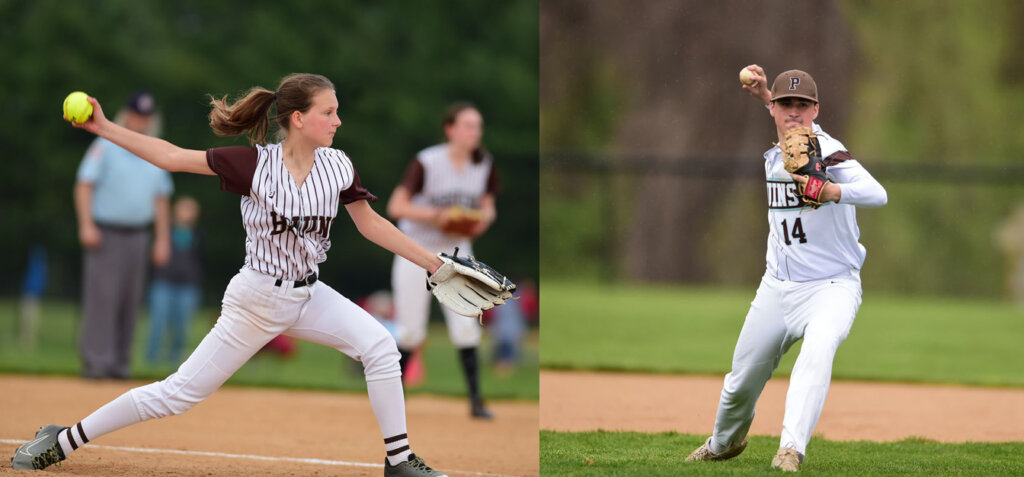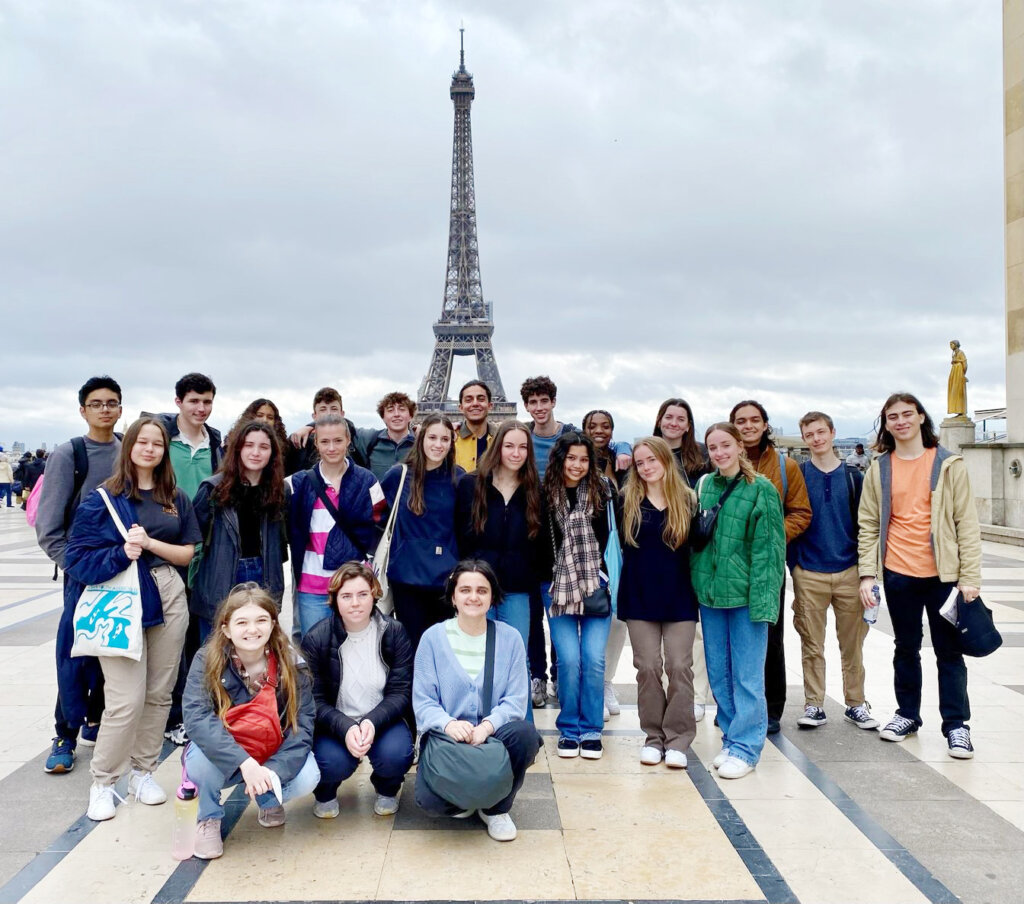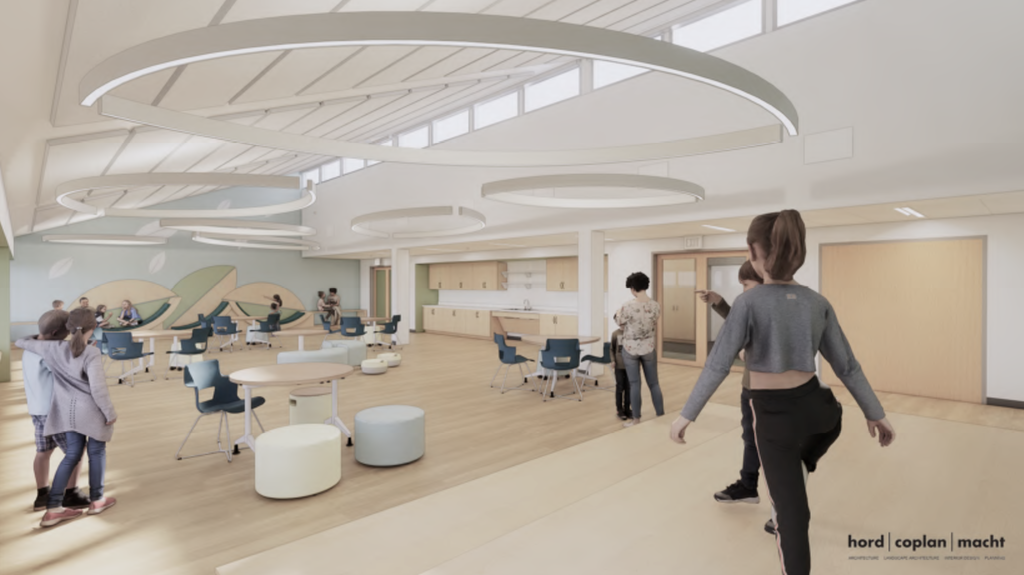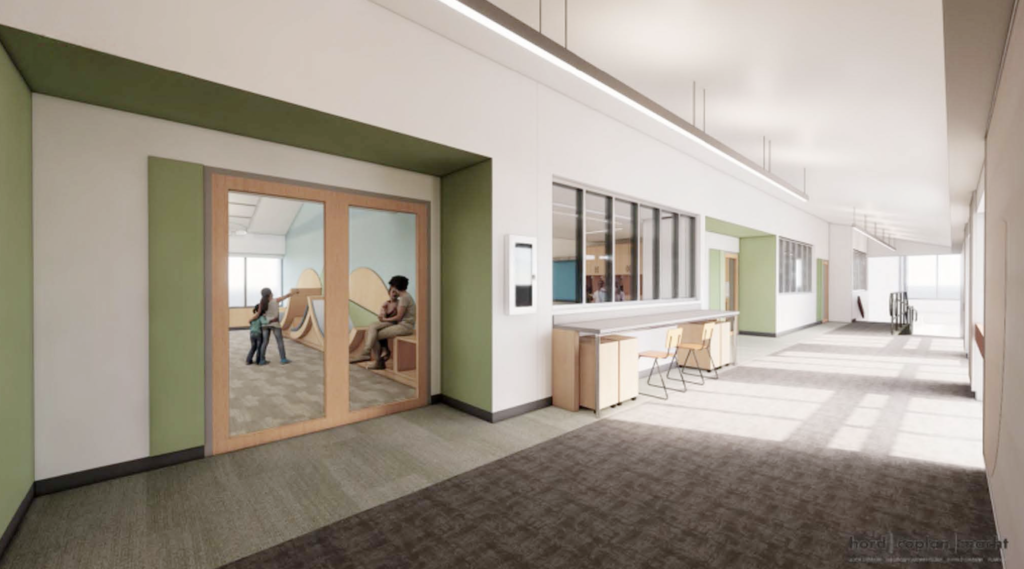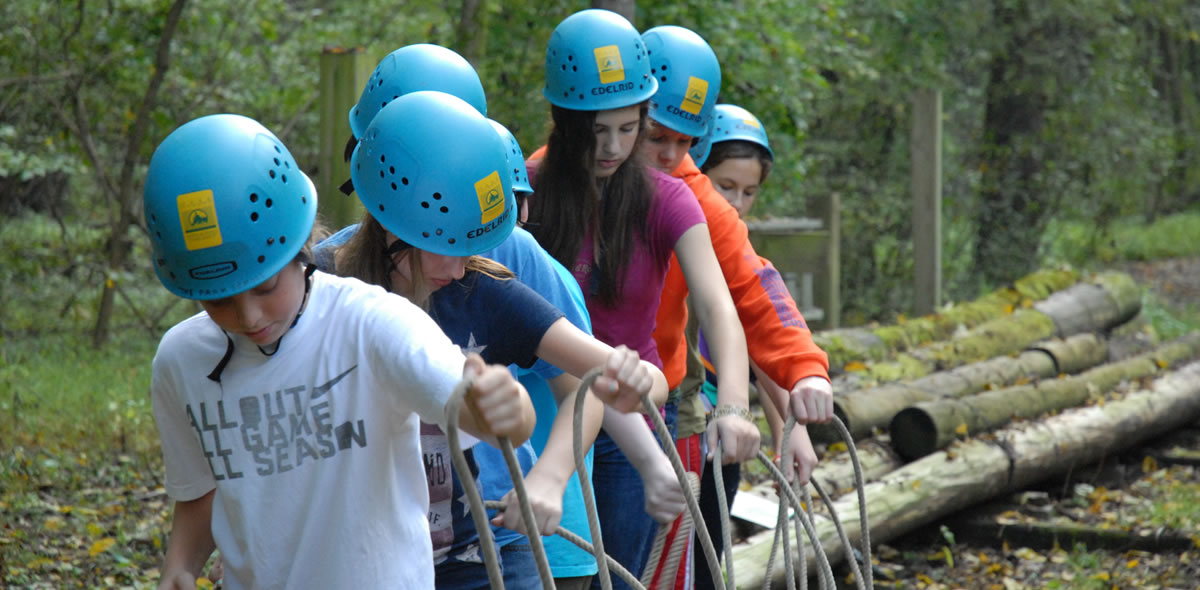Faculty Development
The F. Parvin Sharpless Faculty and Curricular Advancement Program (FACA), Park’s innovative program for professional development, provides teachers time and funding for intensive study that directly benefits Park students. Projects address a range of curricular and guidance issues identified as priorities for the school. Faculty work collaboratively, draw on the expertise of outside professionals, read, research, write, and discuss. The results are evident in an expansive, stimulating, and challenging curriculum that provides the best possible education for Park students.
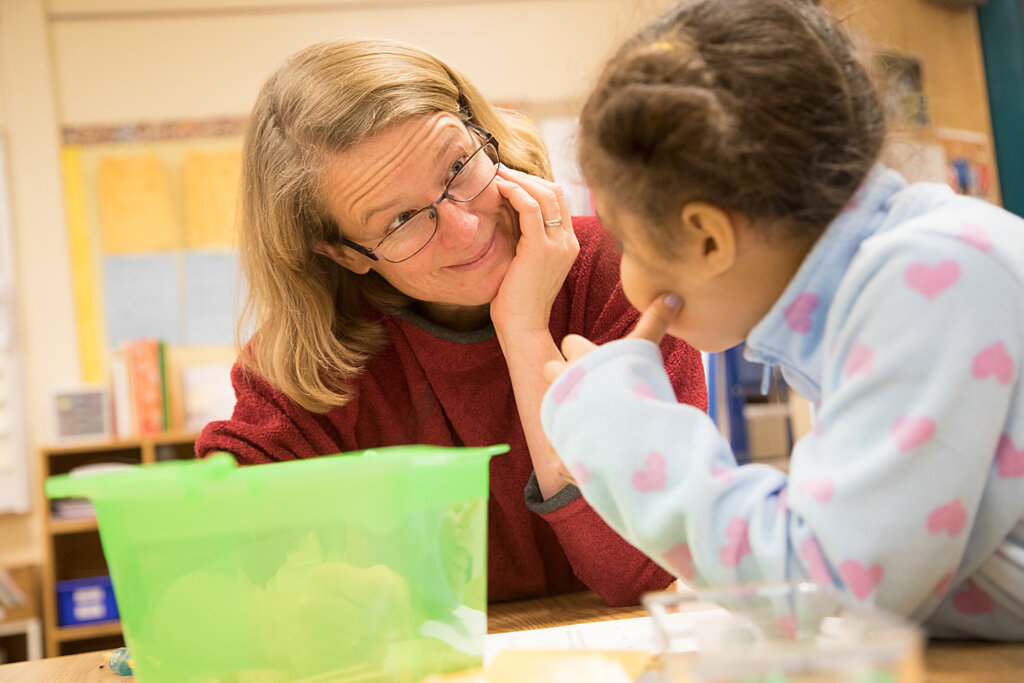
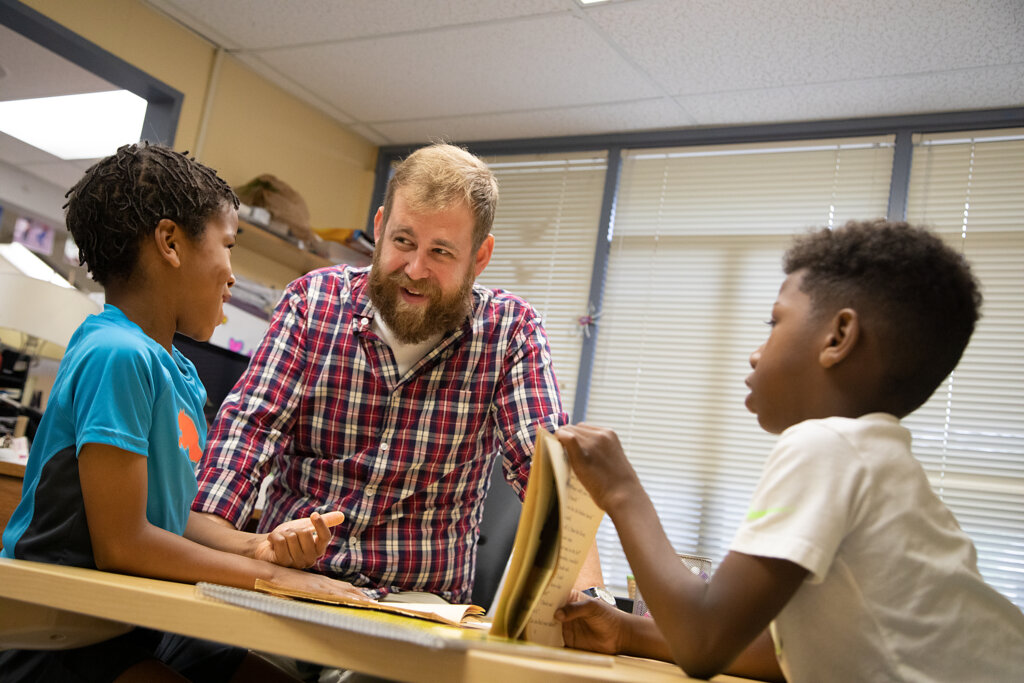
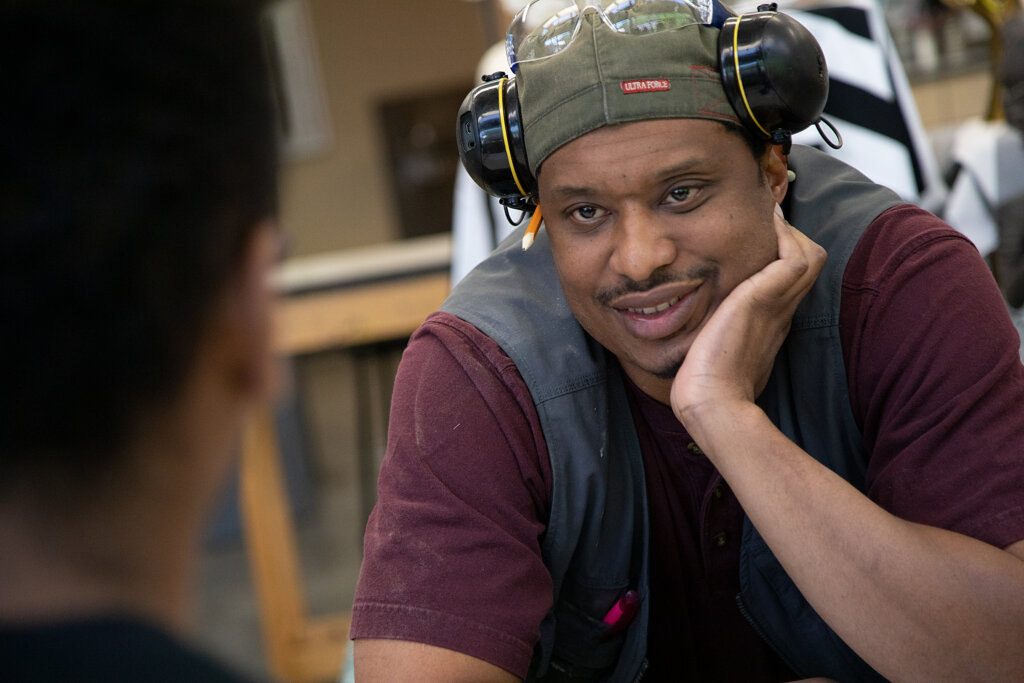
Since its inauguration in 1989, FACA has garnered national attention as a model for professional development. In 30 years, over 1000 grants have supported hundreds of projects and 82% of Park’s faculty. All areas of school life — academic, athletic, artistic, social, and technological — have been studied.
“Good scholarship is exacting. It involves taking time and taking risks. The spirit of FACA is expansive and experimental, stimulating teachers to encounter new ideas and to seek breadth and depth in their knowledge. Every stage of learning — from its initial enchantment to its inevitable frustrations — is honored and celebrated.”
Laura Amy Schlitz
Lower School Librarian
In summer 2018, 63 grants were made for 26 projects with 50 participants. Projects spanned one and two weeks over the summer.
Published Works
While numerous book projects have received FACA funding, four have been published to great acclaim. Lower School librarian Laura Amy Schlitz won the 2008 John Newbery Medal for the most distinguished contribution to American literature for children for her collection of medieval monologues, Good Masters! Sweet Ladies!, originally written for her fifth grade students. With FACA support, Laura also wrote a biography, The Hero Schliemann: The Dreamer Who Dug For Troy. School Library Journal wrote, “[The book] paints a colorful picture of a selfish man who used his shrewdness and earned wealth to create a mythological and romantic legend. This intriguing, well-documented biography is made more compelling by information boxes on history and such literary figures as Homer.” A Drowned Maiden’s Hair: A Melodrama received the 2006 Cybil Award for Middle School Fiction and glowing reviews in The Wall Street Journal and The New York Times Book Review.
FACA Endowments
FACA was established by Park’s 75th Anniversary Campaign to celebrate and advance Park’s commitment to its faculty and to educational leadership. A $1 million challenge grant from the Joseph Meyerhoff Trusts established the original endowment. Additional funding was provided through the Nathan L. Cohen Faculty Enhancement Fund. The Campaign for Park in the mid-1990s added $1 million to the endowment, with establishment of the Louis B. Kohn II ’34 Fund for Student Life and Values, and with a gift from the Hecht-Levi Family Foundation. Additional support has come from the Lee Meyerhoff Hendler ’70 Ancillary Support Fund, E. E. Ford Foundation, and the Sheridan Foundation.
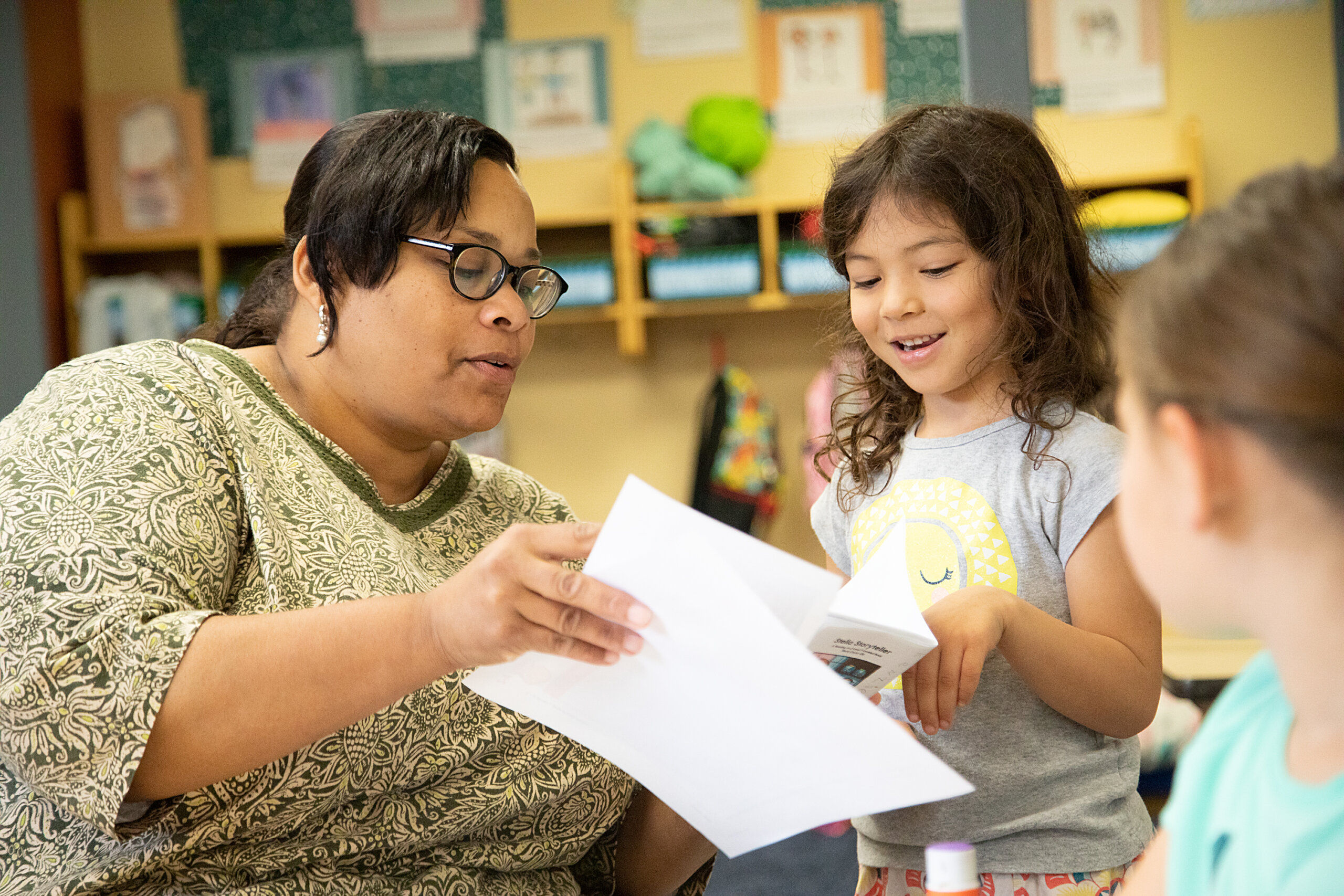
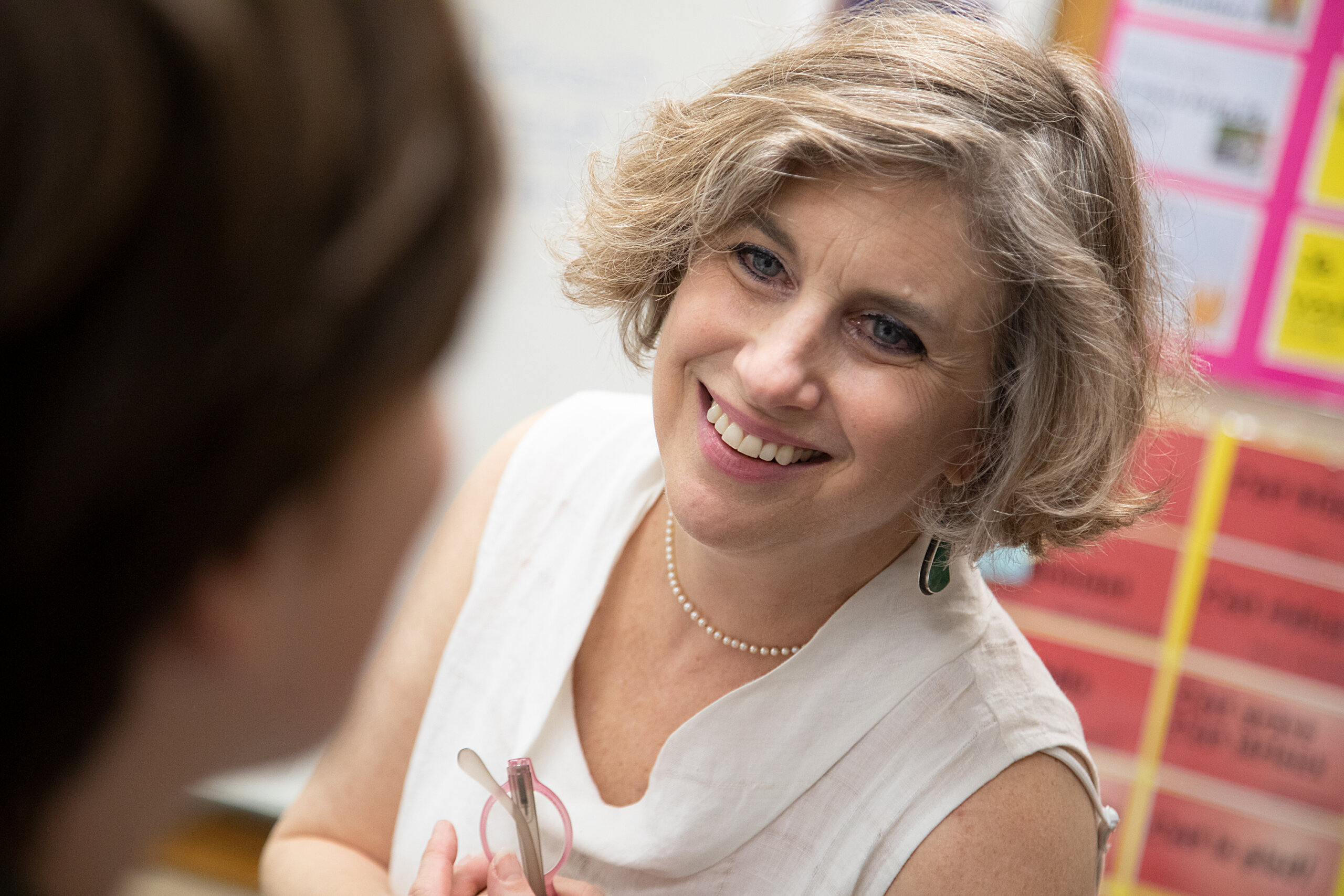
FACA Projects 2022
One-Week Projects
Develop Syllabus/Course Content for Exhibitions Design: Architecture
Janna Rice
Development of Executive Function Curriculum
Karyn Fisher
History 10 Curriculum Redesign
Katherine Arner
Animation Training
Janna Rice
Best Practices on Teaching Writing
Nicole Scott
Civil Rights Movement Journey
Sonja Hayes
Creating Sub Lessons Centered on DEI and Music
Yazmine Fleming
Foundations – Logic of English Curriculum
Katelyn Levinson, Becky Bloom, Meg Brown, Cara Gamble, Alicia Grothmann, Margie Herman, Marilyn Milton, Adam Rogers, June Bennett, Shannon LeVan
Foundations – Logic of English (part 2) Master Teacher Training
June Bennett, Shannon LeVan
Full History Department
Katherine Arner, Samuel Chapin, Grace Gahagan, Sonja Hayes, Anne Porter
Gr 7 LA & SS Curriculum
Pailin Gaither, Geoff Meyers
History 10 Curriculum Redesign
Samuel Chapin, Caroline Ingram
Jazz Scope & Sequence
Adele Dinerstein, Chris Peterson, Maeve Royce
Learning Support/Advoc8
Besty Gerding
Library 6 Planning
Liz Proctor
Online Course: How to Learn Math for Teachers
Becky Bloom, Linda Brennan, Meg Brown
Researching Scientists, Engineers and Artists in STEM Fields
Anna Droege
Scope and Sequence – First Grade
Cara Gamble
Update/Diversify Team-Taught Courses
Angela Balcita, Adele Dinerstein
Two-Week Projects
Comprehensible Input Ideas and Techniques
Pelle Wertheimer
Compile Gr 3 Resources for Theme and ELA
Addie Adelugba
Acclimating new MS Math Faculty
Dave Lowther
Diversify the Music Curriculum
Bruce Bryant
History 9 Curriculum
Grace Gahagan, Anne Porter
Improving Offerings for Classroom Instruction
Rhys Joseph
Modern Language Benchmarks
Nathalie Behrens, John Cruz, Xiaomu Hu, Deborah Hull, Jonathan Montalvo Roman, Sofia Park, Elizabeth Ransom, Jenny Sorel, Gabriela Villanueva
Research Portfolios & Conferences
Alpana Chibber, Fathim Craven, Heather Freas-Kostic, Carrie Vaughn
Creating Technology Education Space for Faculty
Christopher Case, Rich Espey, Yazmine Fleming, Stradine Harris, Margie Herman, Tara Northcott, Alison Penning, Ann Starer
Alignment of Library collection for PreK-Grade 2
Katelyn Levinson
Decolonizing the Language Classroom and Instruction
Jacklyn Deacon
Eytmology and Semantics Deep-Dive
Sarah Schwartz
Literacy Through Play and Beyond in PreK
Linda Butler, Anna Taylor
Re-imagining the DNS Unit
Tony Asdourian, Tom Brown, Mimi Cukier, Jordan Paschke, Garrett Ruley, Katherine Socha
Reading and Processing Literature Related to DEI
Tara Northcott
CRT from a Latinx Lens
Alejandro Hurtado
Classroom Curriculum Development & Outdoor Curricular/ Co-Curricular Development
David Fenigstein, Elizabeth Fisk, Carla Guarraia, Alexis Hudes, Blair Northcott, Tara Northcott, Melissa Osquist, Julie Rogers
Ditto Mag
Christina Cubera, Bonnie Frost
English 9 Curriculum
Angela Balcita, Salvador Barajas, Lubna Najar, Kirk Wulf
How to Learn Math for Teachers
Elise Altschuler, Jenny Harbold
Logic of English – Preparing for a new ELA program
Ali Baran, Harley Bosco, Jenny Harbold, Michele Shirah
Public Digital Humanities
Salvador Barajas, Sonja Hayes
Redesign the sequence and content of 6th and 7th grade games
Gina Braden
FACA Projects 2019
ONE-WEEK PROJECTS
Digging in: A Renewed Commitment to the Lower School Garden
Nine Lower School teachers pursued curricular work that allowed them to confidently bring their students to the garden for meaningful teaching and learning the in 2019- 2020 school year. This broad coalition of teachers also worked together to revitalize the garden space, which had grown neglected and underutilized.
Stories from Home
For five consecutive summers, the Stories from Home FACA has provided Park faculty the opportunity to explore issues of diversity and identity through the examination of “home.” This one-week follow-up project continued this work, but with a new group of participants representing all three divisions of the school.
Upper School Science: Core 9 Curriculum Revisions
This project allowed the Core 9 team time to take lessons learned from a year-long pilot of the curriculum and incorporate improvements for the upcoming year. Time was spent reviewing student evaluation data, revising major assignments (long-term projects), increasing the degree of differentiation offered, and training teachers new to teaching Core 9.
“The beauty of the FACA model is in its balancing an organized structure and an organic planning process, generating new initiatives from one year to the next and enabling us to follow through on key strategic priorities.”
Daniel J. Paradis
Head of School
TWO-WEEK PROJECTS
Discovering Google Earth to Experience the Francophone World
This project explored using Google Earth and virtual reality as a way to map, discover and experience Francophone regions around the world.
Male Students of Color in Lower School
This FACA offered participants an opportunity to reflect on their own cultural competence in approaching males of color in early the grades, to survey the most current research about best practices in the field of education to ensure student success for males of color, and to evaluate curricular materials with an eye towards tapping into the unique perspectives and experiences of males of color and their families.
Social Emotional Learning in the Lower School: Understanding and Responding to Challenging Behaviors
During this project, faculty researched and created healthy and caring responses to address the range of social/emotional needs they are currently seeing in their students, as well as developed ways to empower their students with mindful strategies they can use on a daily basis and in the moment.
Interdisciplinary Studies 2019
Inspired by faculty interest, conversations, and a sense that we should be evaluating our teaching practices regularly, six teachers embarked on an exploratory FACA to research Interdisciplinary programs last summer (2018).
Bolstered by science that supports interconnected thinking and learning and faculty receptivity to broaden our current offerings, the group considered multiple ways to redraw the lines of single disciplines into broader studies and to create partnerships and new configurations for classes. This project continued the work.
Music Technology
During this FACA, participants shared what they have been using in the classroom, developed a common competency in select software platforms and skills, and collaborated in creating a developmentally appropriate music technology curriculum for grades 3-12.
Think, Design, Build: Constructing a Drawing and Painting Curriculum in the Lower School
This project allowed faculty to research and craft a developmentally appropriate progression for the art processes of drawing and the painting for their students in grades K-5.
It’s Time: Shaping a Planned, Sequenced Human Sexuality Curriculum for Parks K/Lower School Students
The purpose of this project was to develop scaffolding, scope and sequence, learning objectives, and sample lessons for a potential K-5 Human Sexuality curriculum.
Responding to the Wellness Needs of our Students
In this two week FACA project, members of the Health Team used the data and analysis provided by the Independent School Health Check (ISHC) to identify and develop responses to areas of particular strength and concern within our community. They clarified key department priorities, developed and enhanced targeted counseling and wellness programming and initiatives for students, parents and faculty.
This is What It Looks Like: Communities of Color
The idea for this FACA stemmed from one central question that participants wished to explore among themselves and to share with the Park Community: What is it like to be an employee of color in a predominantly white, progressive, independent school?
FOUR-WEEK PROJECTS
Upper School Science: Core 10 Curriculum Development
The Core 10 team worked with Core 9 consultants in building the second year of the US science foundational program. The team produced a new curriculum, integrating biology and chemistry into a rigorous foundation of both content and skills for 10th grade students.
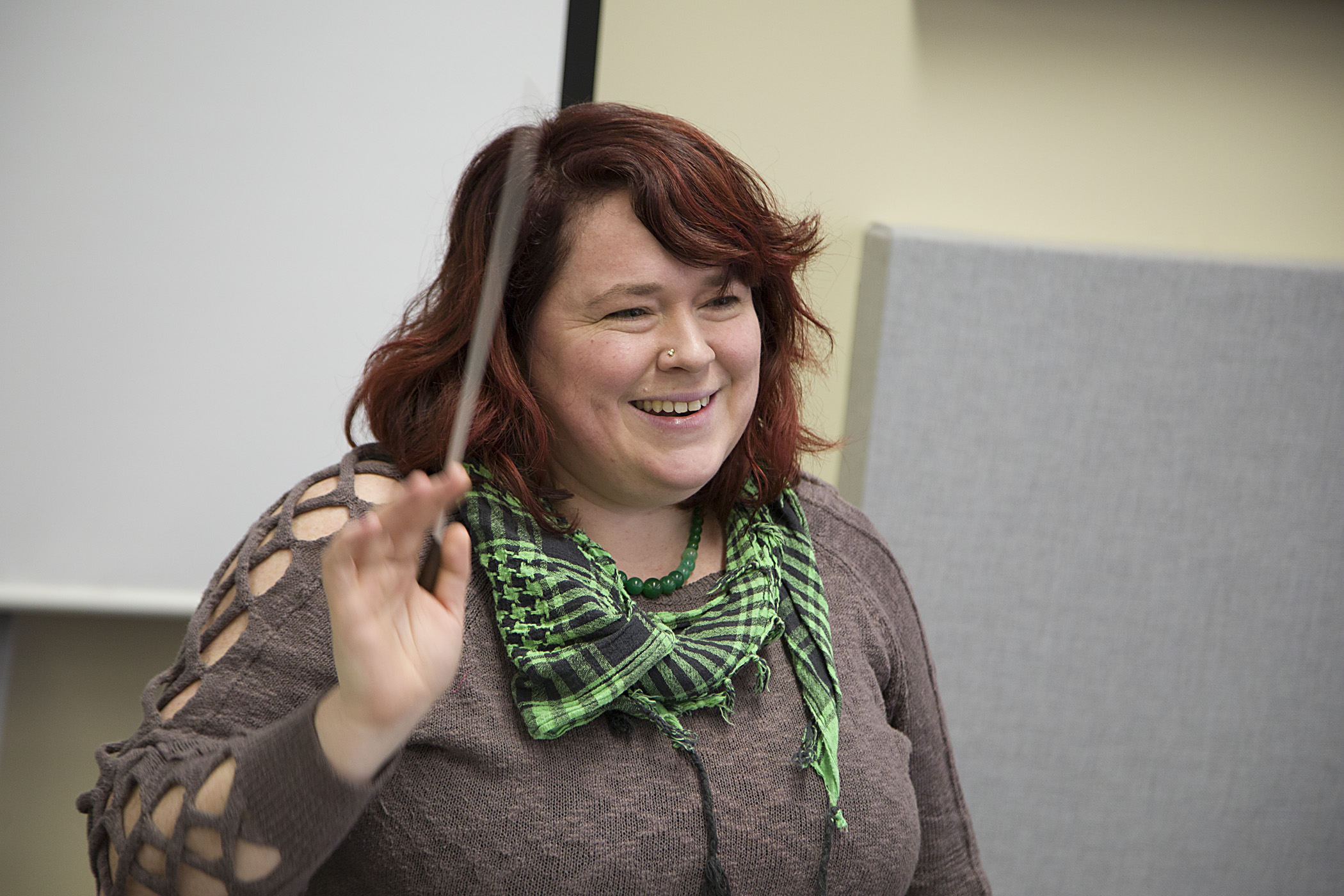
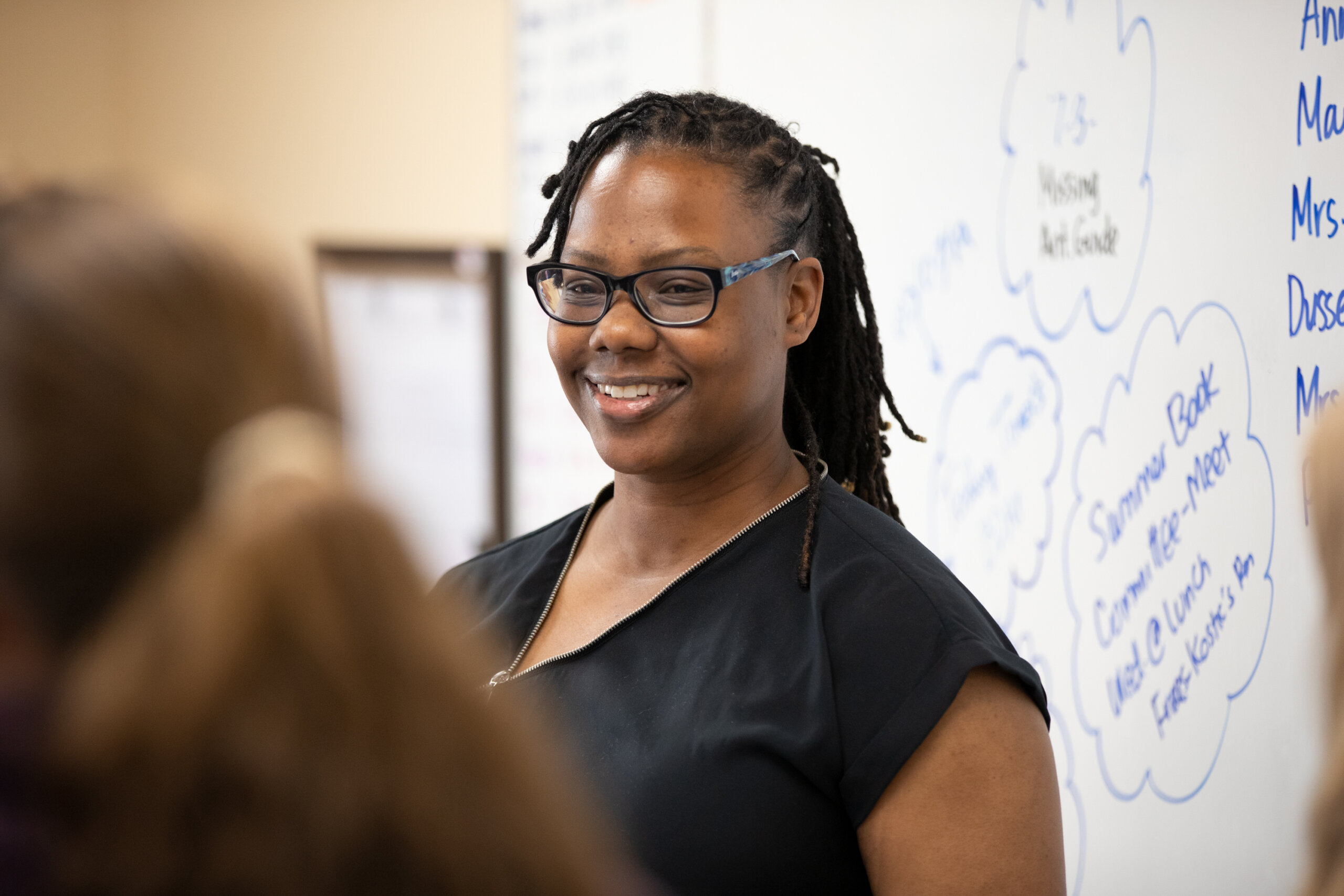
Highlights from past FACA Projects
Engineering
The engineering FACA team pursued an ambitious four-week agenda that included the creation of a “Student Guide to Engineering” for Upper Schoolers enrolled in the engineering elective. The guide supplements the classroom text and provides a framework for solving problems, introduces and reviews important concepts, and supplies a multitude of resources for students. In addition, the ninth grade physics course will benefit from the addition of a series of projects, activities, and lab exercises designed to reinforce understanding of engineering concepts and promote interest in applied technologies.
Stories from Home
Stories from Home offered an opportunity for a small group of teachers to reflect together for a week on the concept of home, framed by an understanding that “we can’t truly be ourselves and bring ourselves fully to work if we don’t really know where we come from and we don’t have a space to share who we are.” Through writing, sharing stories and artifacts, and reading, this cohort laid the groundwork for future groups of Park faculty to explore ways to make the school, our “second home,” a place that is safe and comfortable for everyone, no matter where we come from.
The Adolescent Brain
The Middle School faculty consulted NIH researcher Dr. Jay Giedd in their division-wide project on how young adolescents learn (“Brain” FACA). This project has informed divisional work in both guidance and pedagogy ever since. Cathy Schmidt, project chair, says: “The ‘Brain FACA’ of 2003 has had a continuous impact on Middle School. There is not a week that goes by that someone doesn’t refer to the connection between our studies of the neuro-scientific discoveries about adolescents and our goal of moving each student toward higher levels of cognition. We learned the scientific reasons why certain approaches to teaching will work and others will not.”
Eighth Grade Interdisciplinary Program
A team of eighth grade teachers designed an initiative for their students to explore topics related to advocacy, the grade-level theme. “Advoc8” is a multi-faceted process through which students familiarize themselves with a community issue in search of a solution, then develop a proposal, either individually or in small groups, to address the problem. This authentic and research-based approach will include consultation with those directly impacted by the problem, and will lead to greater understanding of the power of the individual as an agent of change.
Mathematical Habits of Mind
Park’s Upper School mathematics department wrote an original curriculum for grades 9-11. (To our best knowledge, Park is one of only five schools in the nation undertaking this level of curricular work.) Tony Asdourian cites working on this project as “the most valuable educational experience of my life.”
Diversity in the Curriculum
Middle School Social Studies Chair Cathy Schmidt has done research to add a unit on Africa to eighth grade social studies, and in summer 2007, Upper School History teachers John Kessinger and Daniel Jacoby researched the Ottoman Empire and North Africa, Haiti, and Mexico to enhance required courses and electives in non-Western history.
Lower School Word Study
A group of Lower School teachers representing first through fourth grades immersed themselves in the teaching of word study, a category that includes teaching the skills necessary for reading and writing, i.e., spelling, phonics, vocabulary, and grammar. Building upon the work of previous FACA projects, the group delved into current research into best practices, identified priorities, outlined shared goals to ensure a consistent experience across grade levels, and planned for parent education opportunities, all in the service of a strong language arts experience for our students.
Award-Winning Writing
Laura Amy Schlitz, 2008 Newbery Medal winner for Good Masters! Sweet Ladies!, started work on this book through an individual FACA writing project. She dedicated another of her books, A Drowned Maiden’s Hair, to the “Faculty Writers” FACA group, whom she describes as “magicians and midwives” to her book.
Civic Engagement
Projects on “Habitat for Humanity” and “Service and Community” at Park School have supported the development of service activities and establishment of “Park Service,” a volunteer group of faculty and students which meets weekly to coordinate activities.
Broadening the Conversation about Race
Eighty faculty, administrators, and staff have participated in “Broadening the Conversation about Race.” Park faculty presented the model at the NAIS People of Color Conference in 2008 and have since offered it as a professional development activity for participants in Baltimore’s public/independent school Middle Grades Partnership program. The FACA Race project has led to an ongoing discussion group for Upper School students and to active diversity committees in all three divisions.
Harvard’s Project Zero
Pre-work for the 2007 division-wide project on “Differentiated Learning in the Middle School Classroom” included work by three members of the Middle School science faculty, who took an on-line Project Zero course (Harvard Graduate School of Education), and piloted new approaches in their classrooms. Other groups of faculty have attended the Project Zero Institute to support their work on curricular design.
